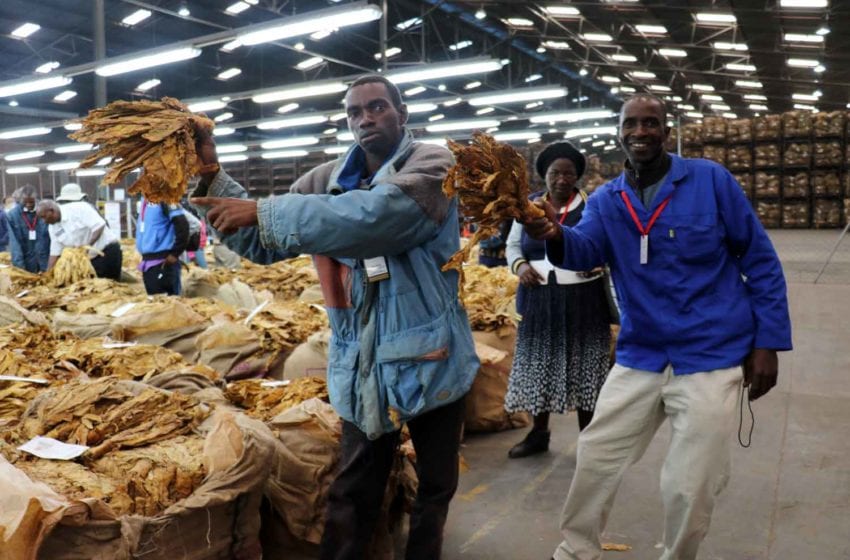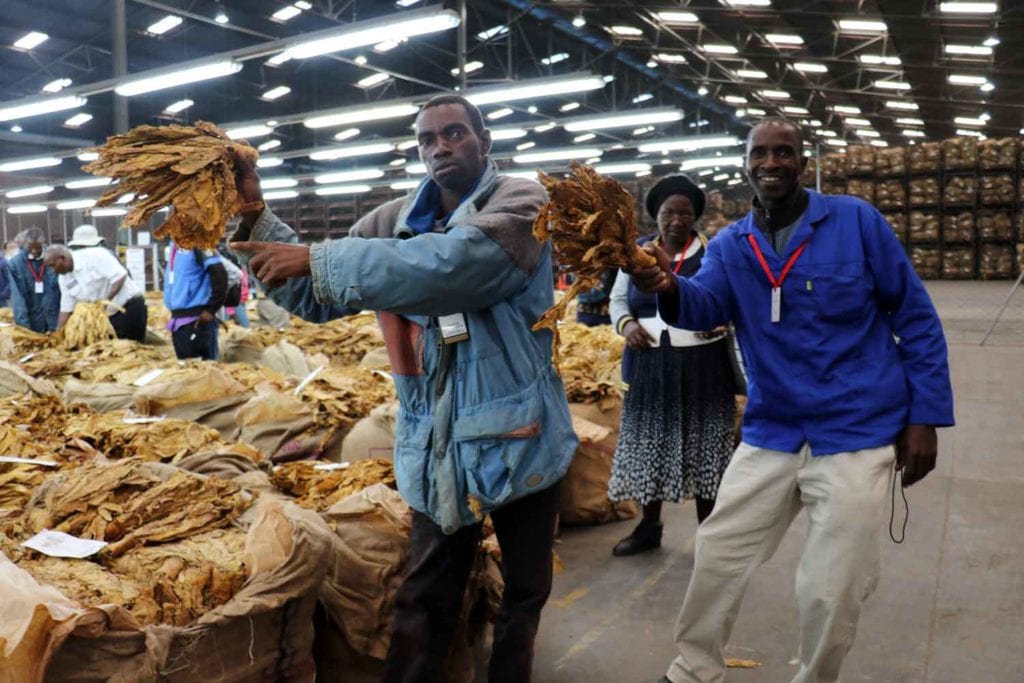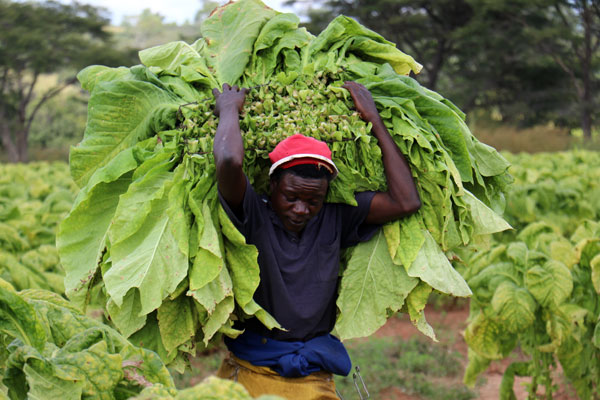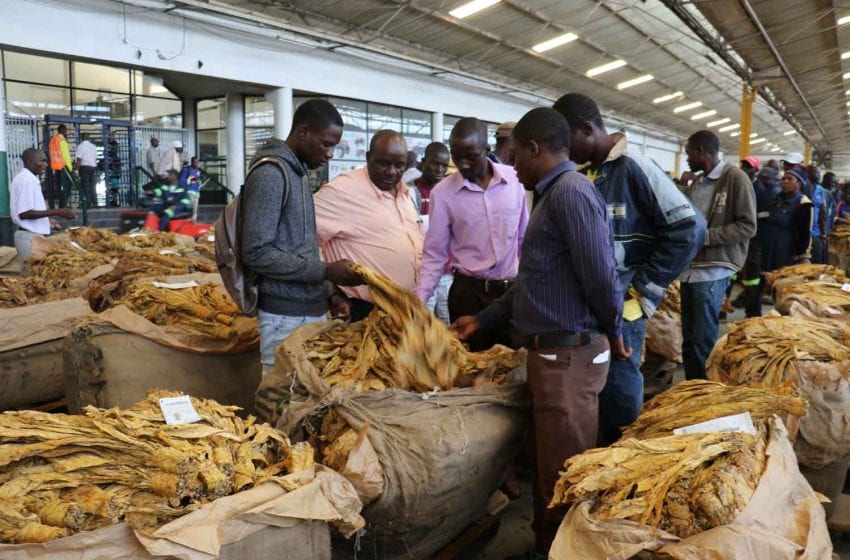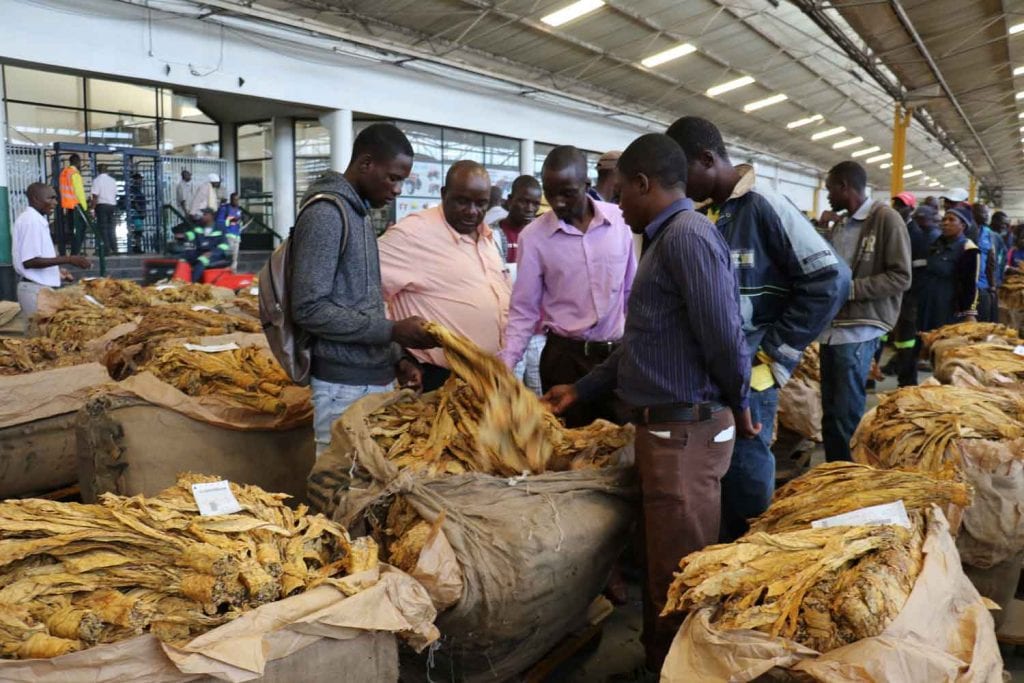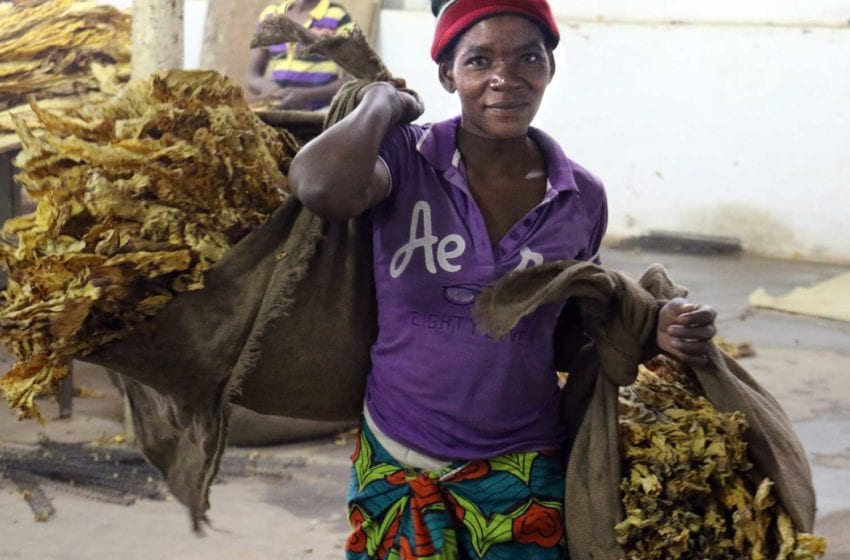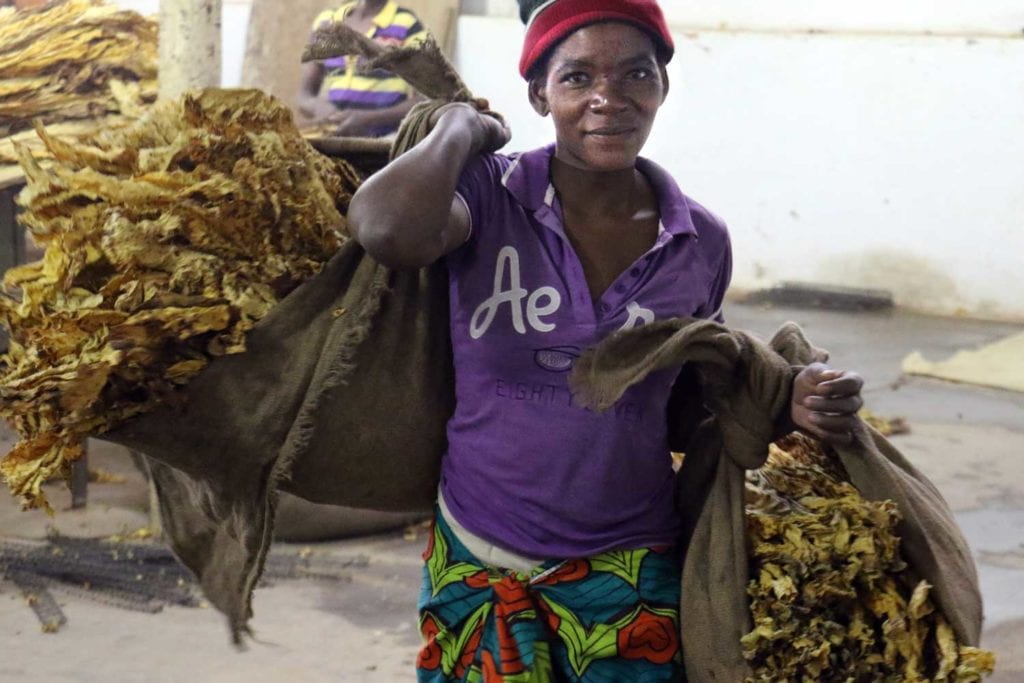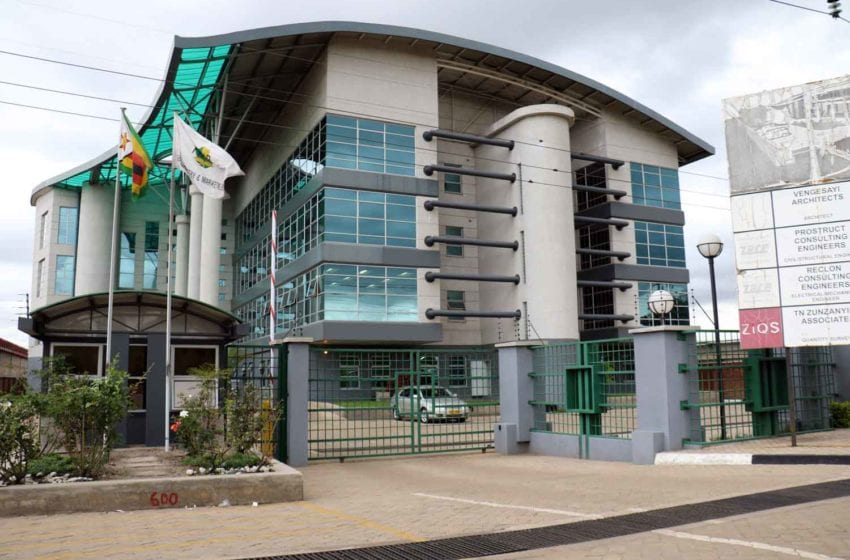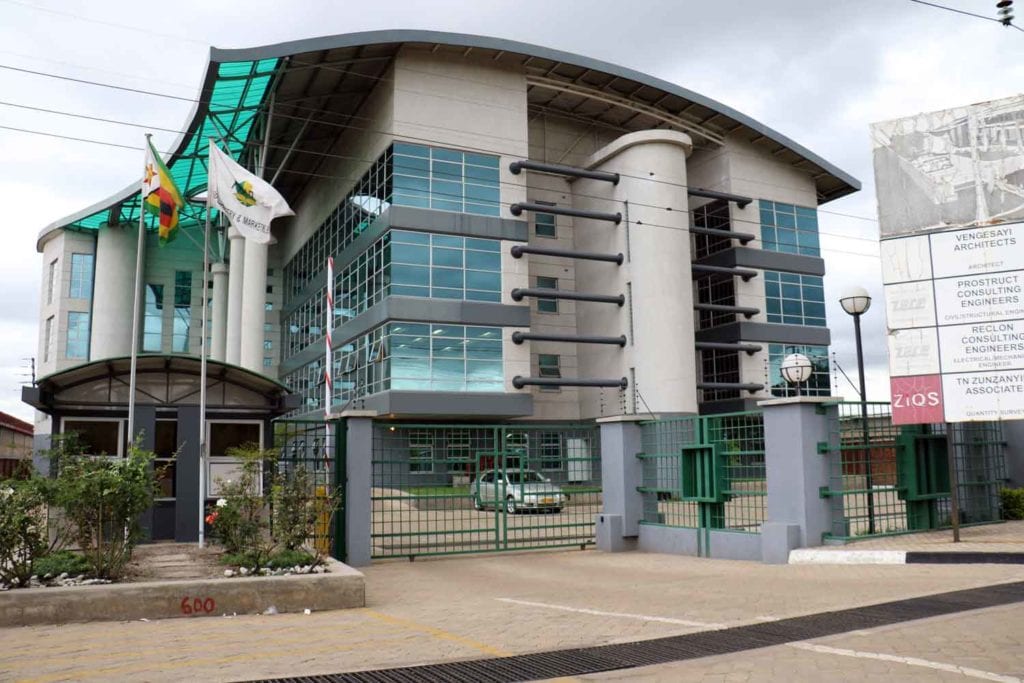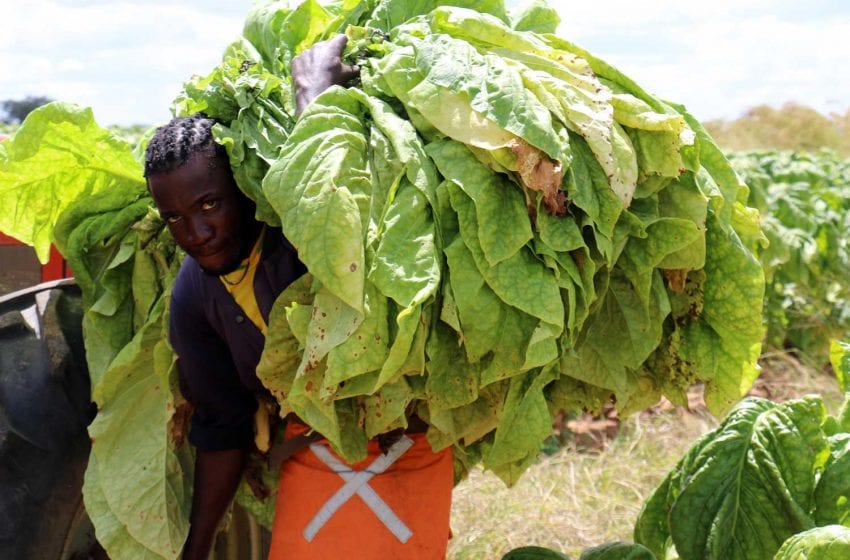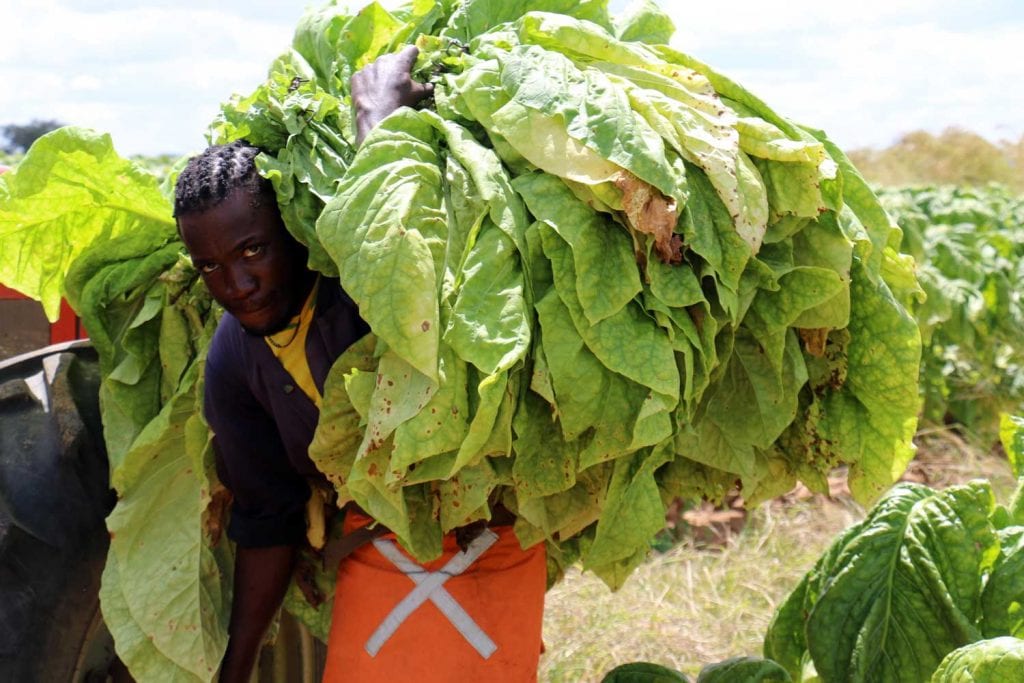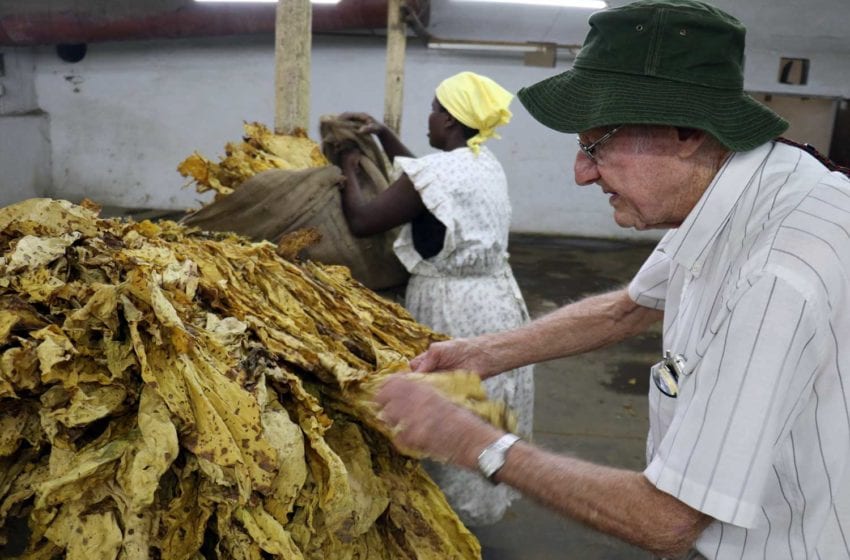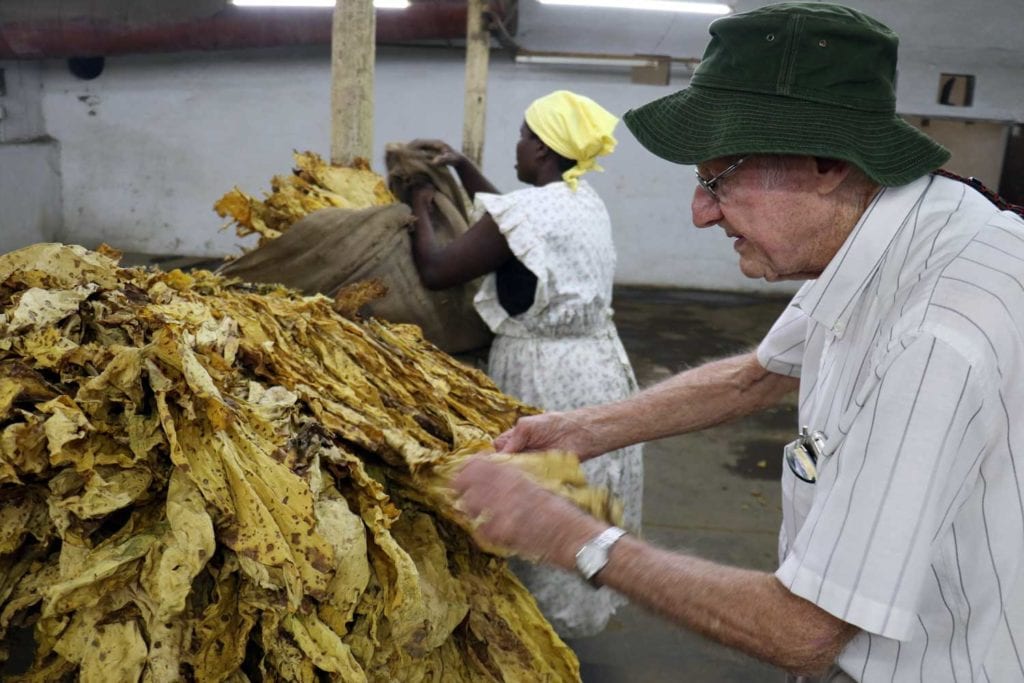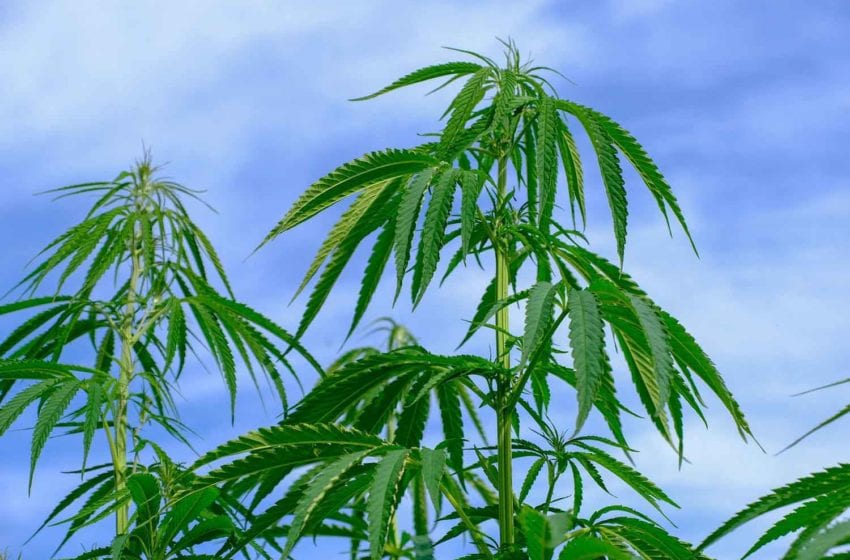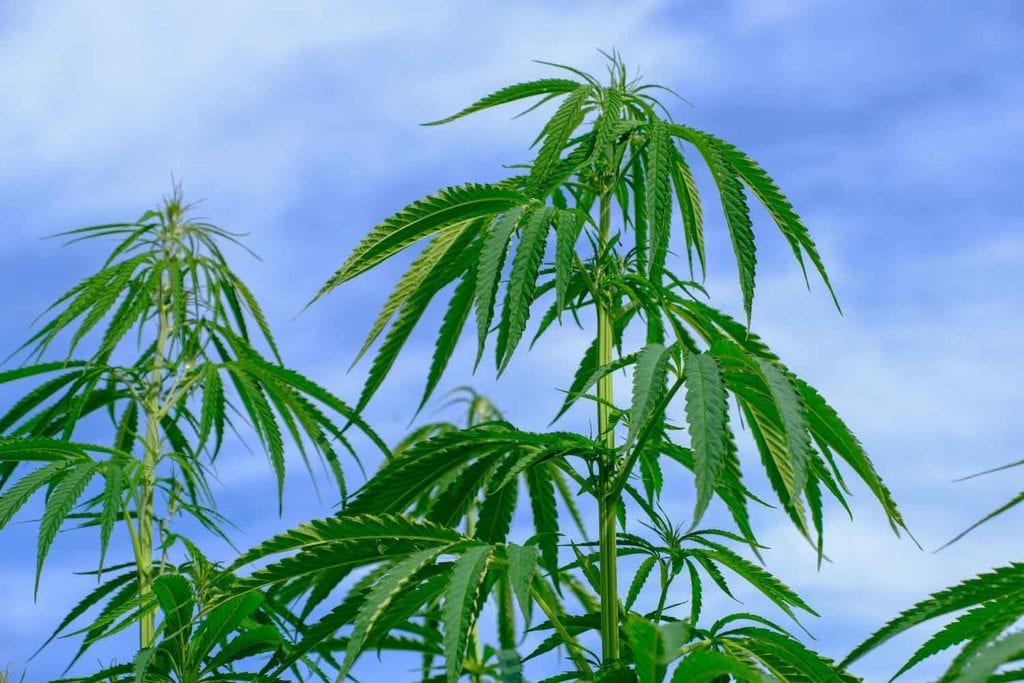
Tobacco farmers in Zimbabwe are facing a vicious debt trap, reports The Zimbabwe Independent, citing the Zimbabwe Tobacco Association (ZTA).
The government payment system ensures tobacco growers receive only part of their income in U.S. dollars with the remaining share being paid in Zimbabwean dollars at an inflated exchange rate.
Because most Zimbabwean growers have borrowed U.S. dollars from their contractors to finance their operations, this means they will have difficulties repaying their loans.
Of the approximately USD600 in export earnings generated annually by farmers only USD150 is flowing into the country, according to the ZTA.
For the longer part of last year, farmers were paid 50 percent of their revenues in forex with another half being paid in Zimbabwean dollars at a fixed rate of one U.S. dollar to 25 Zimbabwean dollars.
We plead with the authorities to review the foreign currency retention level before the start of the selling season.
Rodney Ambrose, CEO, ZTA
On the black market, however, one U.S. dollar fetched up to ZWD165 during the first quarter of 2020.
While the government has recently increased farmers’ foreign currency retention to 60 percent, it is insufficient to solve growers’ problems, according to the ZTA.
“Growers’ viability will not improve with the retention levels announced, and we plead with the authorities to review the foreign currency retention level before the start of the selling season,” said ZTA CEO Rodney Ambrose.
Zimbabwe’s tobacco markets are scheduled to open April 7.
Tobacco farmers’ profits have been declining while debts owed to contractors in U.S. dollars have been mounting. Industry representatives have also called on the government to stop basing the pricing of contract tobacco, which makes up 95 percent of national production, on the minimum of tobacco prices paid on the auction floors.


